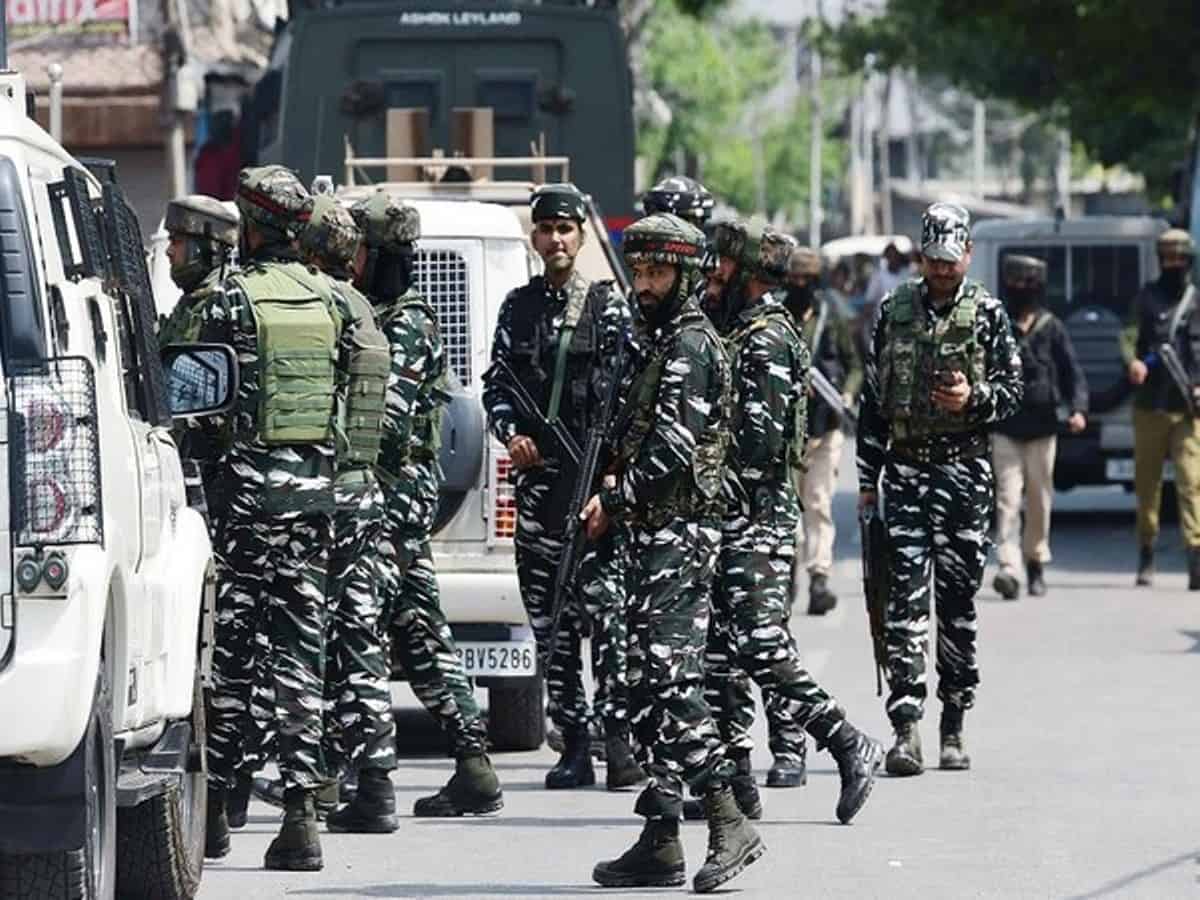
Kashmir politics is veering around the narrative and content of new politics of realism which tests itself with all the reality checks as to what will help the youth to look forward to the future with hope and promise without giving up on efforts to reclaim what has been lost in the past over three-decades of violence and conflict.
It is easier said than done, but when the theme is repeated time and again, it is politics with all risks. It is dangerous because those who blindsided the people with the emotional walls and the “ greener pastures” on the other side tend to dub seekers of new politics as traitors, or they paint them working in cahoots with political enemies of Kashmir.
This should wake up to the question as to what is real in Kashmir? Determining this definition, sifting reality from fiction, is not an easy task. Layers over layers cloud reality. Some of these layers have been part of the history of Jammu and Kashmir, dating back to 1947 when Pakistan invaded the state. Pakistan has been part of the prisms through which Kashmir is seen, and this is a fact that Kashmir could not be separated from Pakistan narrative . There are sections that look at Pakistan as a problem, while others see it as part of the solution. In either case, Pakistan is there. Those arguing for the inclusion of Pakistan in talks on Kashmir have their own reasons for making the neighbouring country a part of the solution. The leaders like Farooq Abdullah and Mehbooba Mufti argue that dialogue with Pakistan alone can deliver a solution. And the BJP leaders, including the ministers at the Center, want India to reclaim Pakistan-occupied Jammu and Kashmir. This keeps Pakistan and Kashmir narrative alive .
The problem is that there are strong reasons for both sides, but when Pakistan’s role is over-emphasized, it somehow dilutes the focus on Kashmir. The two sides – seeking involvement of Pakistan and those opposing any dialogue with it for Kashmir- have contributed to the dilution of focus on Kashmir, as a result of which the people are also tagged to Pakistan. This has made the people to feel that they are being looked at through Pakistan prism, doing more harm than good to the politics of Kashmir.
Another inescapable reality revolves around abrogation of Article 370 that snapped at the special status of the state that was also split into two union territories of Ladakh, and Jammu and Kashmir. These August 5, 2019 measures have created two sets of illusions – one, propagated by the BJP that all problems of Kashmir have been resolved and much sought after peace and normalcy have returned to the Vale which was under relentless attack of terrorism. Second, reality versus illusion is that everything has ended with doing away with the special status and the denigration of the erstwhile state to Union Territory. Some changes have taken place, which the National Conference and PDP leadership see in the negative terms, for their prime concern, as they give out is, to preserve the identity and dignity of the people of Kashmir. They see all positive in their record book.
Kashmiris have come to realize that the time to live with these illusions would not serve any purpose for them in the long-term. They know what all have they suffered during the political dispensations of the Kashmir-centric parties, and also despite the welcome changes on the ground, the BJP’s narrative doesn’t gel with their emotions and sentiments. BJP is trying hard to win them over, but its attempts are half-hearted and with a particular agenda which Kashmiri Muslims refuse to embed in their thought perception. BJP needs to make necessary changes in its attitude and approach to reform itself and its agenda on Kashmir.
Kashmiris want to court hope, n which their hope for peace and survival with dignity is reinvented in realistic terms. They are looking for a new brand of politics. They have come to see their hope in Jammu and Kashmir Apni Party says the party chief Altaf Bukhari . “ We are very clear that we will talk about what is achievable, not promise moon, for we know that the dominant political reality in the country will not allow the reversal of Article 370, though we all want it,” he explains.
The Apni Party that is now spread to all parts of Jammu and Kashmir is banking on two themes – get all the youth arrested over the years out of jails with the help of their families, Mohalla councils and Masjid committees. “ We want to restore the moral authority of the families and the neighbourhood and the socio-religious institutions,” he says and claims that “ this is not politics but a way forward to save our youth and bring them out of the darkness of jails to the light of their future. “ Neither the politics of emotions will work nor that of the imposed illusions, he says hitting out at both the traditional parties of the Valley and BJP. “ We want the people to chart a new course, and we will help them in rediscovering identity, prestige and securing future. We are partners in this effort, this is our new politics.”
Apni Party, though only two and a half-year-old political outfit has carved out a niche for itself by being steadfast in its realistic narrative. it becomes clearer when it is compared to what is being stated by others.



